
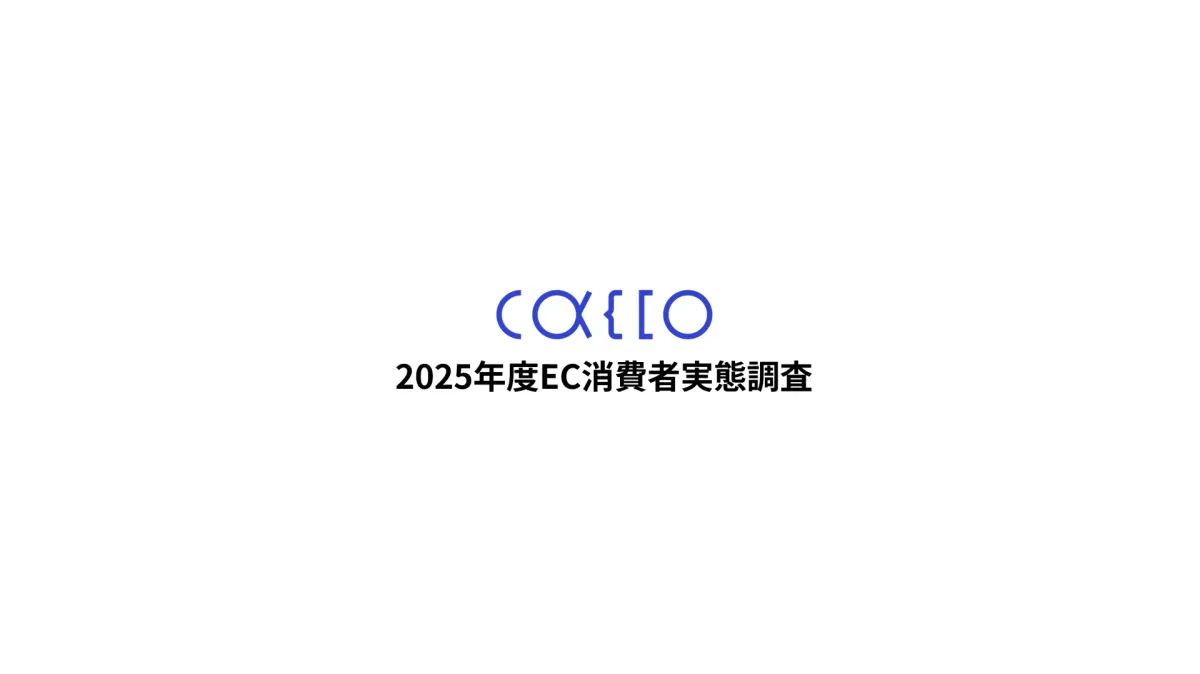
Rising Trend of Credit Card Fraud in Japan: Key Findings from Cacco’s Survey
Rising Trend of Credit Card Fraud in Japan: Key Findings from Cacco’s Survey
A recent survey conducted by Cacco, the leading provider of fraud detection services in Japan, has shed light on the troubling rise in credit card fraud incidents among online shoppers. This survey focused on consumers who have previously experienced credit card fraud, highlighting significant trends and statistics that warrant attention.
Survey Overview
The survey targeted 400 participants aged 20 and older across Japan who reported having fallen victim to credit card fraud. Conducted in April 2025, it aimed to gather insights into consumer experiences and the effectiveness of existing fraud prevention measures.
Key Findings
1. Categories of Fraudulent Purchases
The analysis revealed that electronic goods and appliances topped the list of items most frequently targeted by credit card fraud, accounting for 22.5% of cases. This was closely followed by food, beverages, and alcoholic products at 16.8%. The value of electronics makes them a likely target for fraudsters, whereas the increasing demand for premium food items like Japanese sake overseas has shifted the trends in fraudulent purchasing.
2. Seasonal Surge of Fraud Incidents
Fraud incidents were predominantly reported during the summer months, particularly from July to September, which aligns with peak shopping seasons like summer vacations. This spike may be attributed to higher consumer spending during these times, suggesting that fraudsters strategically exploit periods of increased activity.
3. Financial Impact of Fraud
In terms of financial loss, it was found that 42.8% of respondents experienced losses ranging from ¥1,000 to under ¥30,000. Although some instances of substantial fraud have been reported, many cases involved relatively small amounts, raising concerns about the frequent and widespread nature of these incidents.
4. Lack of Compensation, Especially Among Young Consumers
Compensation issues were also alarming. Overall, 13.8% of respondents reported that their losses were not compensated. Notably, this figure surged to 30% among those in their twenties, who might neglect to monitor their transactions diligently, thus overshooting the compensation period.
5. Preventive Measures Taken by Consumers
Regarding preventive actions, 61% of participants regularly review their transaction history, although only 28% have registered for EMV3-D Secure services, which enhance card security. This indicates that although consumers are aware of the need for precautions, many are not fully utilizing available protective technologies.
Moving Forward
The findings from Cacco’s survey are a wake-up call for consumers and businesses alike. With a reported ¥55.5 billion lost to credit card fraud in 2024 alone, it’s evident that fraudulent activities are a growing concern. Cacco emphasizes the importance of vigilant transaction monitoring and encourages businesses to enhance customer awareness regarding fraud prevention measures.
Cacco's commitment to addressing these pressing issues is reflected in its ongoing analyses and the development of robust fraud detection solutions, ensuring a safer online shopping environment for consumers. By fostering a culture of security and awareness, both consumers and businesses can work together to combat this increasing threat effectively.
To learn more about these findings, refer to Cacco's full report on consumer fraud experiences in credit card usage. For further protection against credit card fraud, consider utilizing security measures like EMV3-D Secure and stay proactive in monitoring your account activities.
About Cacco
Cacco, established in 2011 and headquartered in Tokyo, is dedicated to creating innovative solutions for security and payment challenges using advanced algorithms and software. With a primary focus on fraud detection services, Cacco continually strives to support businesses and consumers in safeguarding their financial transactions.
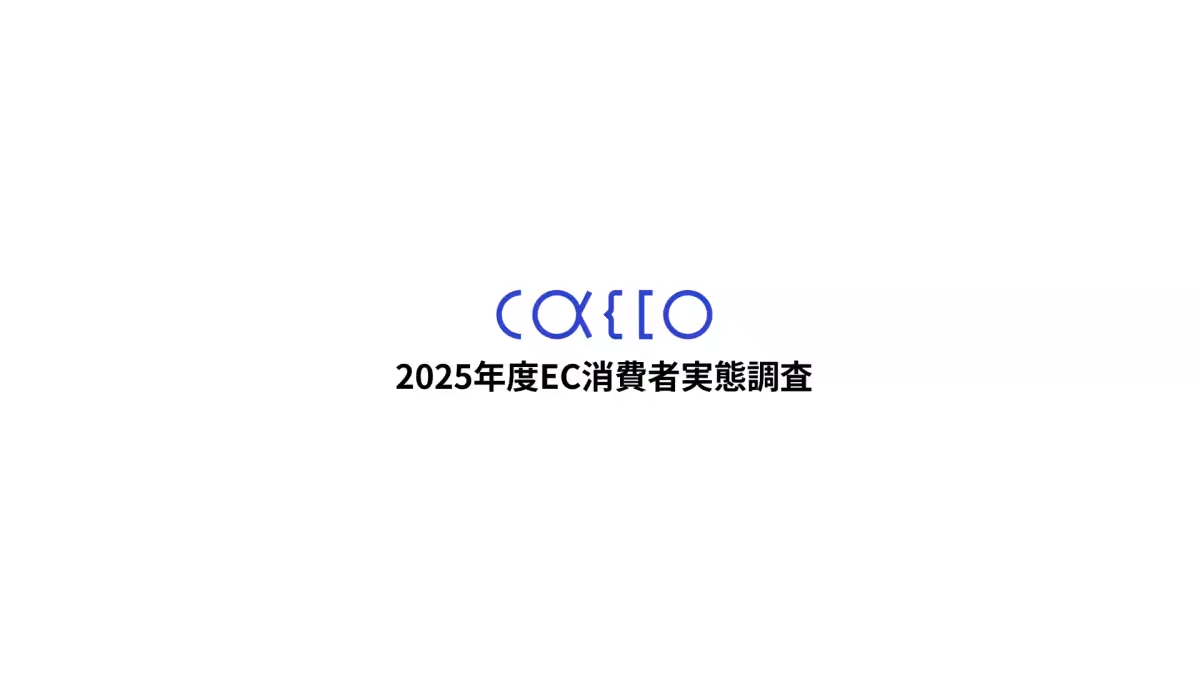
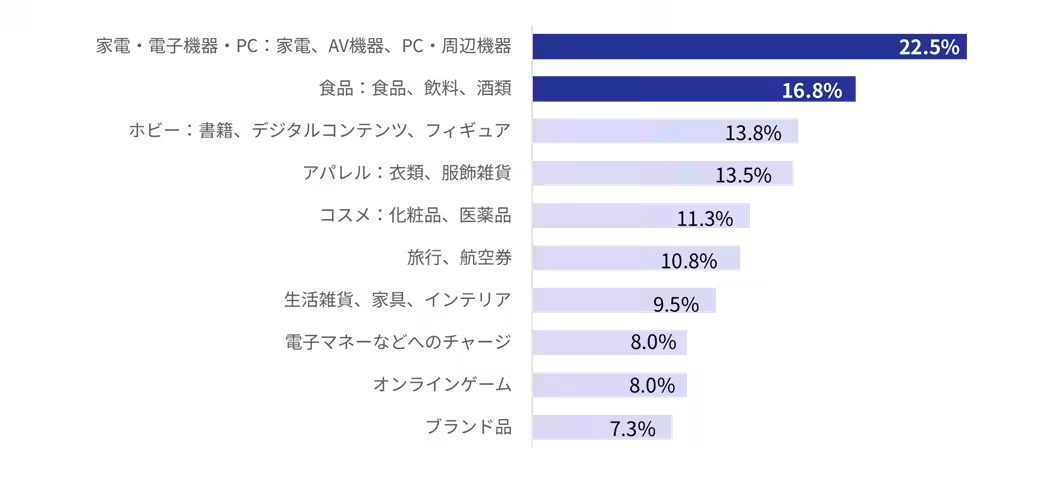
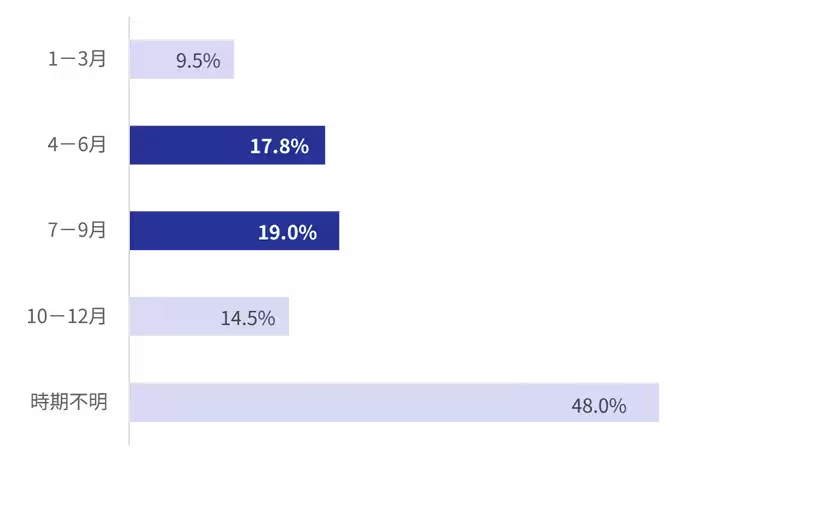
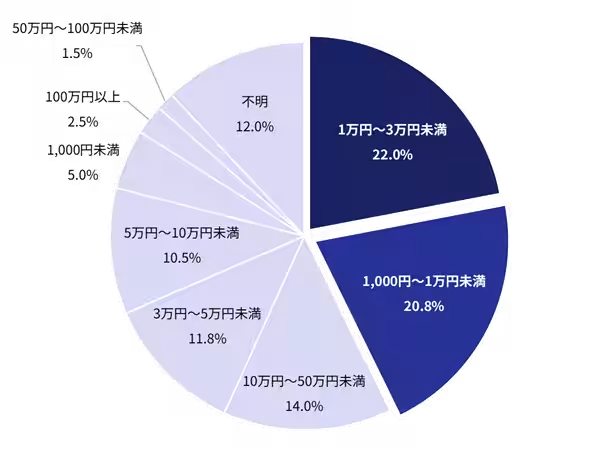
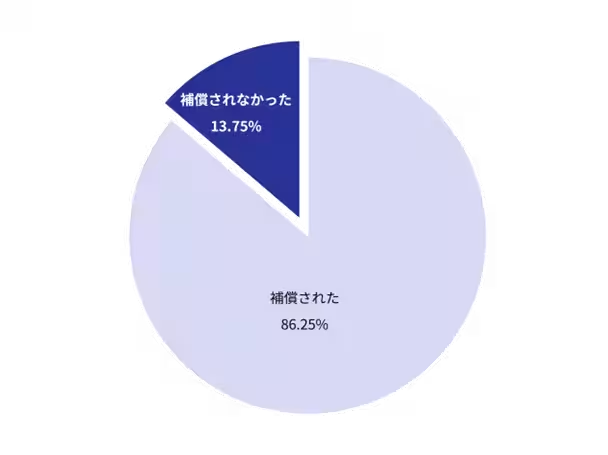
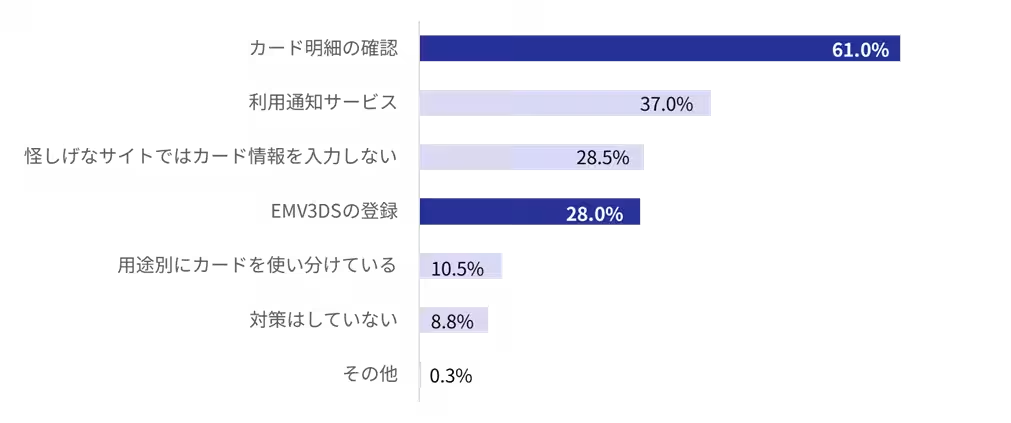

Topics Consumer Products & Retail)






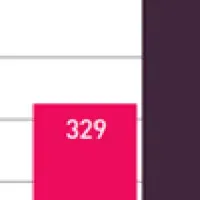



【About Using Articles】
You can freely use the title and article content by linking to the page where the article is posted.
※ Images cannot be used.
【About Links】
Links are free to use.